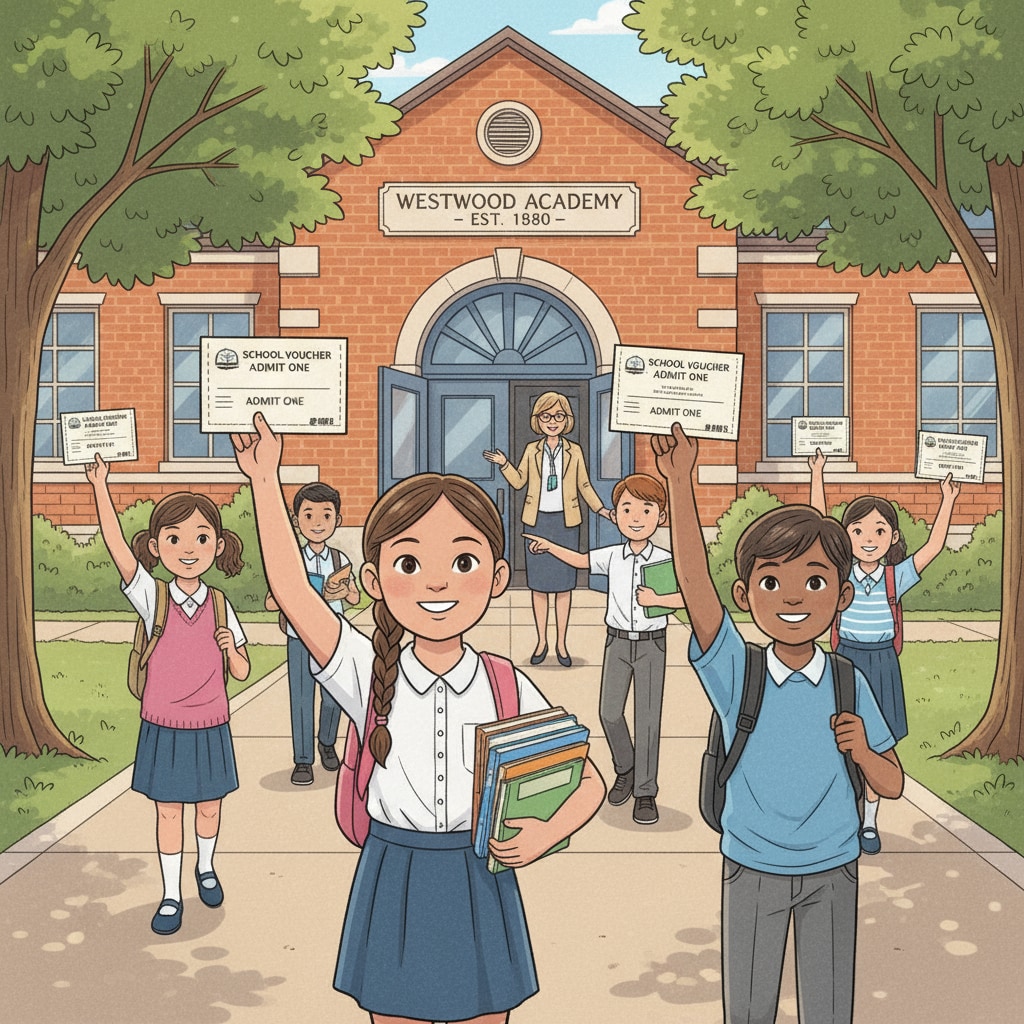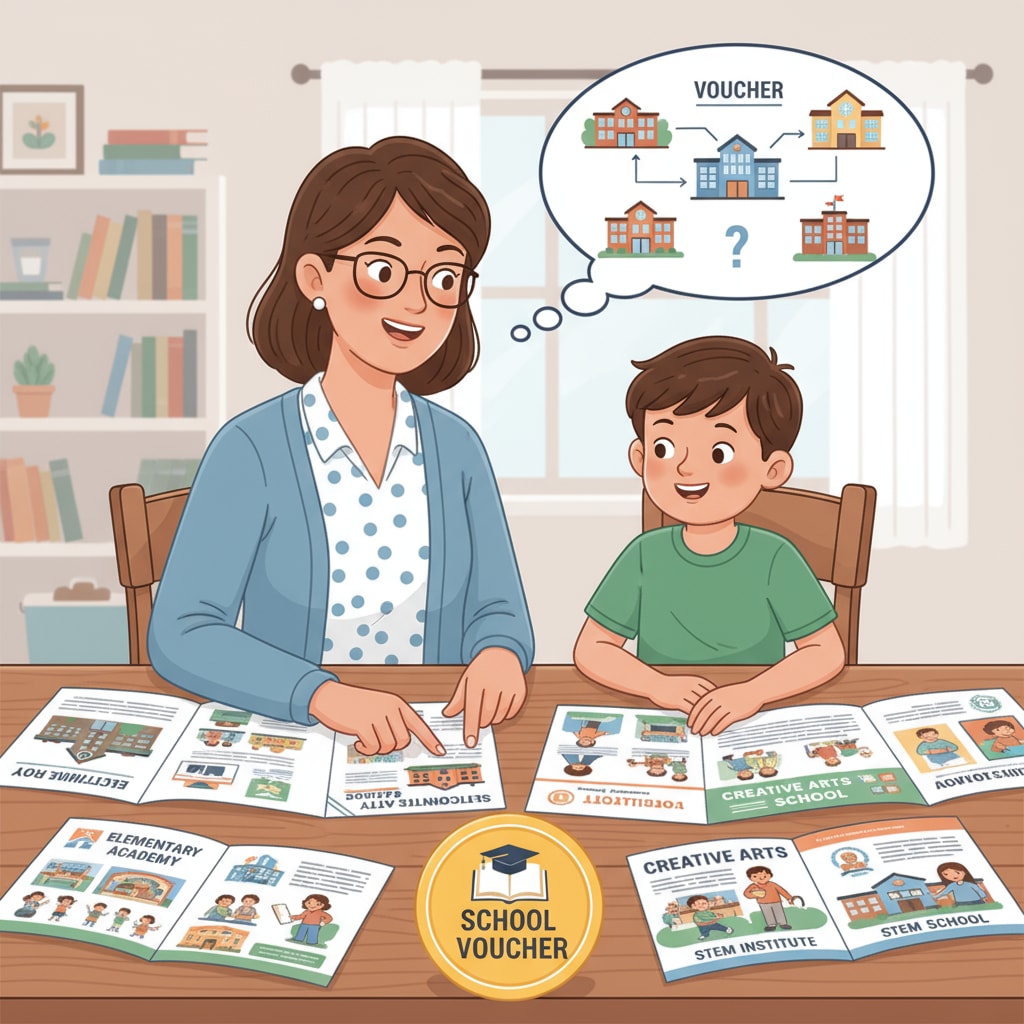The school vouchers policy in the United States has long been a hot topic, especially when it comes to its impact on public schools and education funds. This policy has divided opinions, with some seeing it as a revolutionary step forward and others as a potential threat to the existing public education system.

The Concept of School Vouchers
School vouchers are a form of financial assistance provided by the government to parents. These vouchers can be used to pay for a portion of their children’s education at schools of their choice, which may include private or charter schools, in addition to public schools. The idea behind this policy is to give parents more educational options and introduce competition into the education market. For example, a parent who is not satisfied with the local public school can use the voucher to send their child to a different school. According to Wikipedia’s entry on school vouchers, this concept has been around for decades and has been tried in various forms across different states.
Arguments in Favor of School Vouchers
Supporters of the school vouchers policy believe it promotes educational choice. Parents are no longer restricted to sending their children to the nearest public school. They can choose schools based on their children’s specific needs, such as schools with strong art or science programs. This, in turn, encourages schools to improve their quality to attract students. Additionally, vouchers are seen as a way to level the playing field for students from disadvantaged backgrounds. These students may now have access to better educational resources that were previously out of reach. As stated on Britannica’s page about school vouchers, competition can drive innovation and improvement in the education sector.

Concerns Raised by Opponents
However, opponents have serious concerns. One of the main fears is that school vouchers will lead to a significant loss of funds for public schools. When students leave public schools to use vouchers at other institutions, the public schools lose the corresponding funding. This could result in reduced resources, fewer extracurricular activities, and even teacher layoffs. Moreover, there are concerns that vouchers may exacerbate educational inequality. Wealthier families may be better able to supplement the voucher amount with their own money, giving their children an even greater advantage. In addition, private schools may not be held to the same accountability standards as public schools, raising questions about the quality of education provided.
In conclusion, the school vouchers policy presents a complex situation regarding its impact on public schools and education funds. While it holds the potential for increased educational choice and competition, it also brings about significant risks to the stability and equality of the public education system. Further research and careful consideration are needed to determine the best way to balance these competing interests and ensure that all students receive a high-quality education.
Readability guidance: This article uses short paragraphs to clearly present different viewpoints. Each H2 section provides a list of key points. The passive语态 is kept to a minimum, and transition words like “however”, “in addition”, and “for example” are used to make the article flow smoothly.


